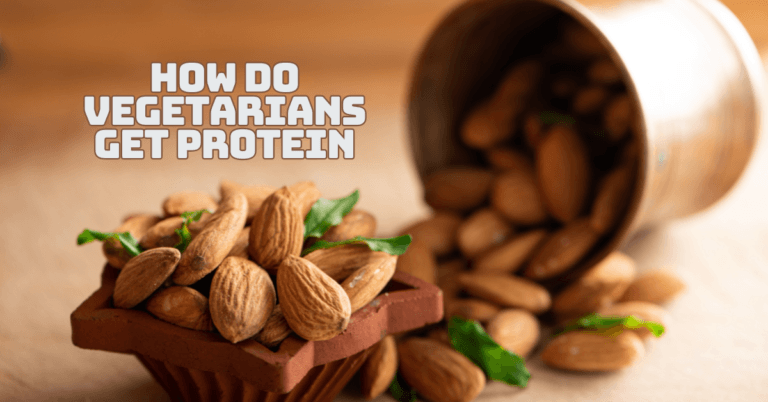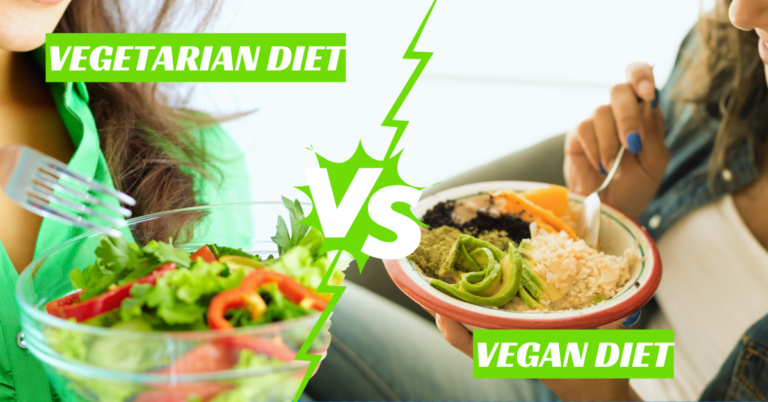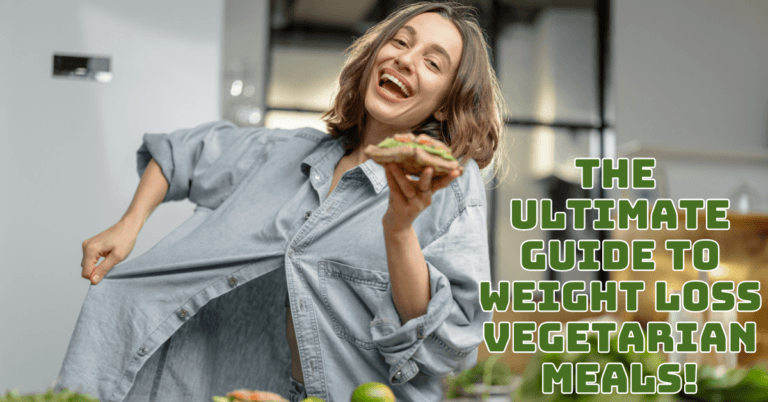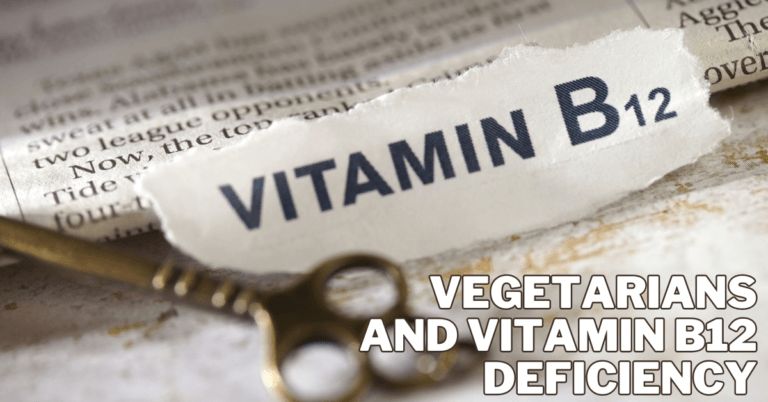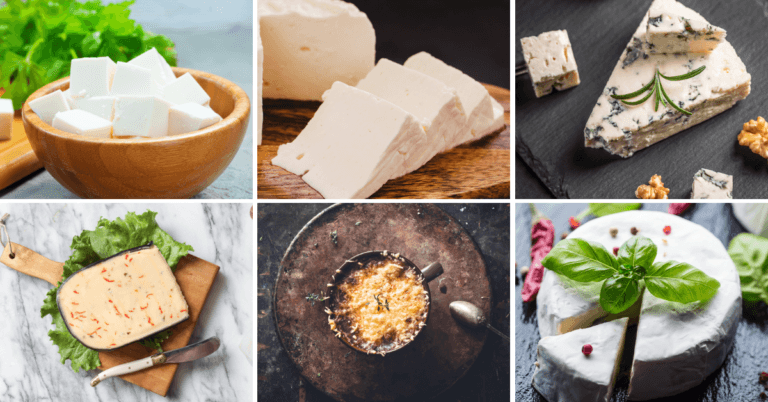Best Protein-Based Vegetarian Diet Plan
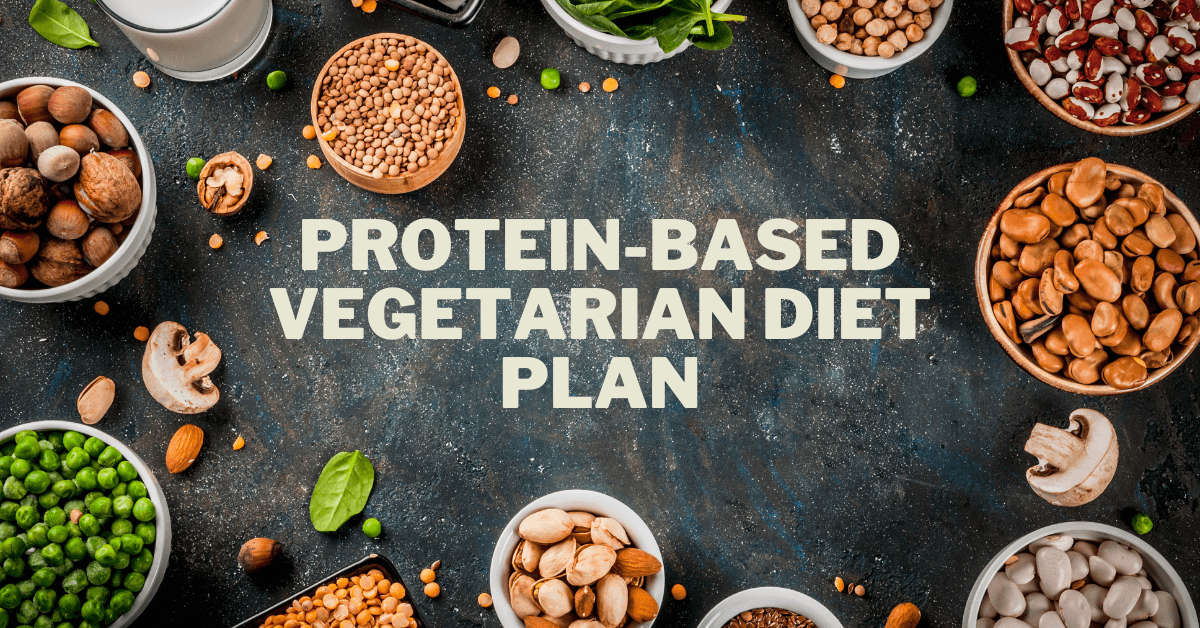
Best Protein-Based Vegetarian Diet Plan
In nutrition, protein is a fundamental building block that fuels our bodies and supports various physiological functions.
While the idea of a protein-centric diet often conjures images of animal products, vegetarianism offers many plant-based protein sources that can power your body in equally remarkable ways.
This article delves into the concept of a protein-based vegetarian diet, unveiling the art of combining diverse plant foods to create a balanced and nourishing meal plan.
Whether you're a long-time vegetarian seeking to optimize your protein intake or someone considering transitioning to a plant-powered lifestyle, read on to discover how to harness the benefits of a protein-rich vegetarian diet to support your health and wellness goals.
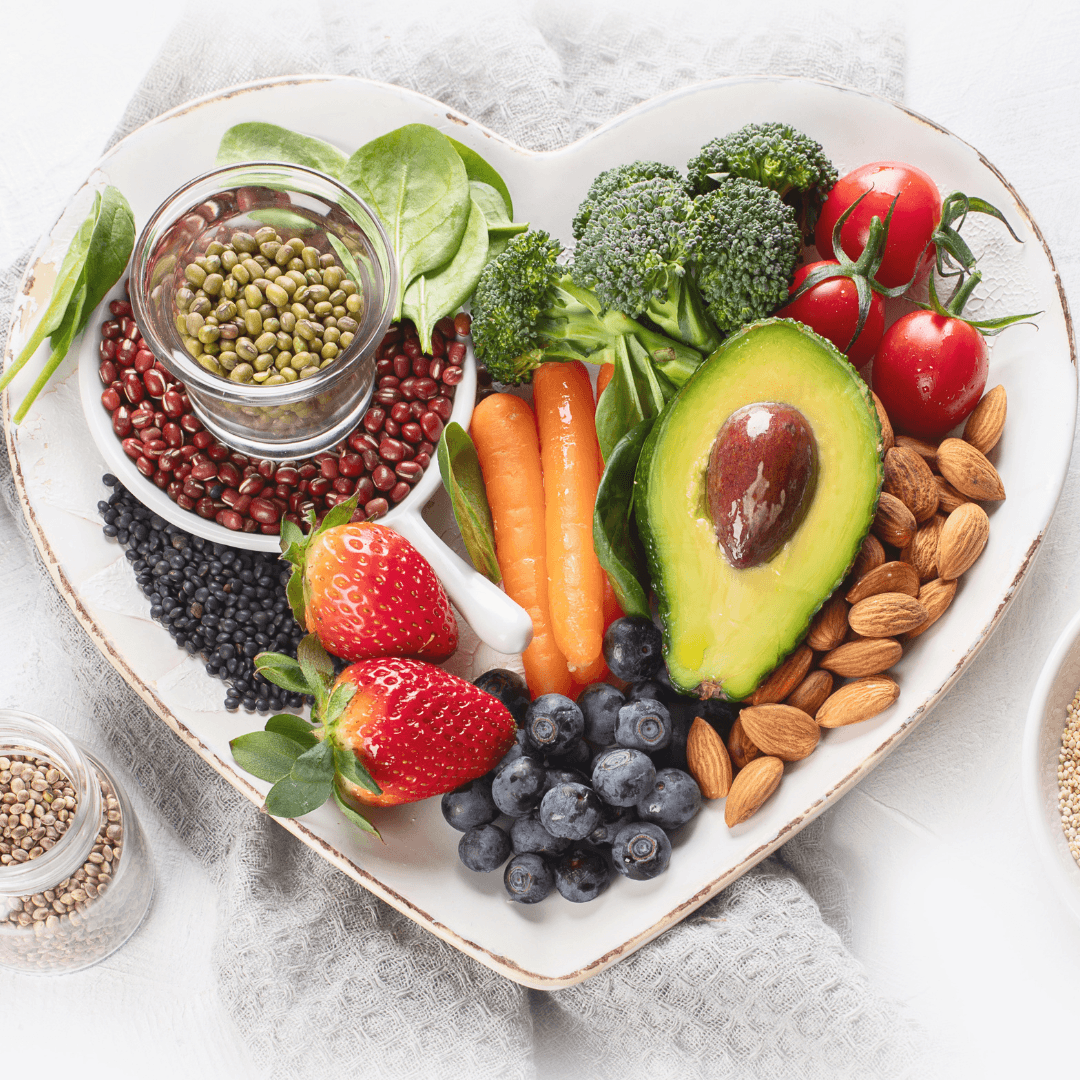
Benefits Of A Protein-Based Vegetarian Diet
A protein-based vegetarian diet can provide numerous benefits for overall health and well-being. Here are some detailed points highlighting the benefits of such a diet:
1. Adequate Protein Intake
One of the main concerns for vegetarians is getting enough protein, as it's essential for muscle building, repair, and overall body function. A protein-based vegetarian diet meets your protein needs without relying on animal sources.
2. Heart Health
Proteins derived from plants typically have less cholesterol and saturated fat, which helps benefit cardiovascular health.
Low blood pressure and a decreased risk of heart disease can result from a high intake of fruits, vegetables, healthy grains, and legumes.
3. Weight Management
A protein-rich diet can help manage weight as protein increases satiety and reduces appetite. Including various protein sources like legumes, nuts, seeds, tofu, and seitan can help maintain a healthy weight.
4. Digestive Health
Dietary fiber is frequently present with plant-based proteins, which is good for your digestive system.
In addition to encouraging regular bowel movements and preventing constipation, fiber also supports a balanced gut microbiota.
5. Reduced Risk of Chronic Diseases
Low risk of obesity, type 2 diabetes, and certain cancers (including colorectal cancer) has been associated with a vegetarian diet high in plant-based proteins.
6. Bone Health
Contrary to the myth that vegetarians lack calcium, a well-balanced vegetarian diet can provide adequate calcium through sources like fortified plant-based milk, leafy greens, and fortified cereals. Plant-based diets are also generally rich in magnesium and vitamin K, which support bone health.
7. Lowered Inflammation
Many plant-based protein sources offer anti-inflammatory characteristics due to their high levels of antioxidants and phytonutrients. As a result, there may be less inflammation associated with certain chronic conditions.
8. Environmental Impact:
Plant-based diets have a lower carbon footprint than diets heavy on animal products. By choosing plant-based proteins, you contribute to reducing greenhouse gas emissions, water usage, and deforestation associated with animal agriculture.
9. Ethical Considerations
For individuals who choose vegetarianism for ethical reasons, a protein-based vegetarian diet aligns with their values by avoiding the consumption of animals and the associated ethical concerns of factory farming.
10. Variety And Nutrient Intake
Embracing a protein-based vegetarian diet encourages you to explore various foods, leading to a diverse nutrient intake.
Different plant-based protein sources offer various vitamins, minerals, and antioxidants, contributing to overall health.
11. Longevity Benefits
Some studies suggest that plant-based diets, including those centred around protein sources, may be associated with increased lifespan and a reduced risk of age-related diseases.
12. Cultural and Culinary Exploration
A protein-based vegetarian diet can introduce you to new culinary traditions and dishes worldwide. Exploring different cuisines can be exciting and enriching.
It's important to note that while a protein-based vegetarian diet can offer many benefits, it's essential to plan your meals carefully to ensure you're getting a balanced intake of all necessary nutrients, including protein, iron, vitamin B12, omega-3 fatty acids, and more.
You can develop a tailored eating strategy that satisfies your requirements and goals by speaking with a qualified dietitian or nutritionist.
Key Protein Sources For Vegetarians
Vegetarians have many plant-based protein sources to ensure a balanced and nourishing diet.
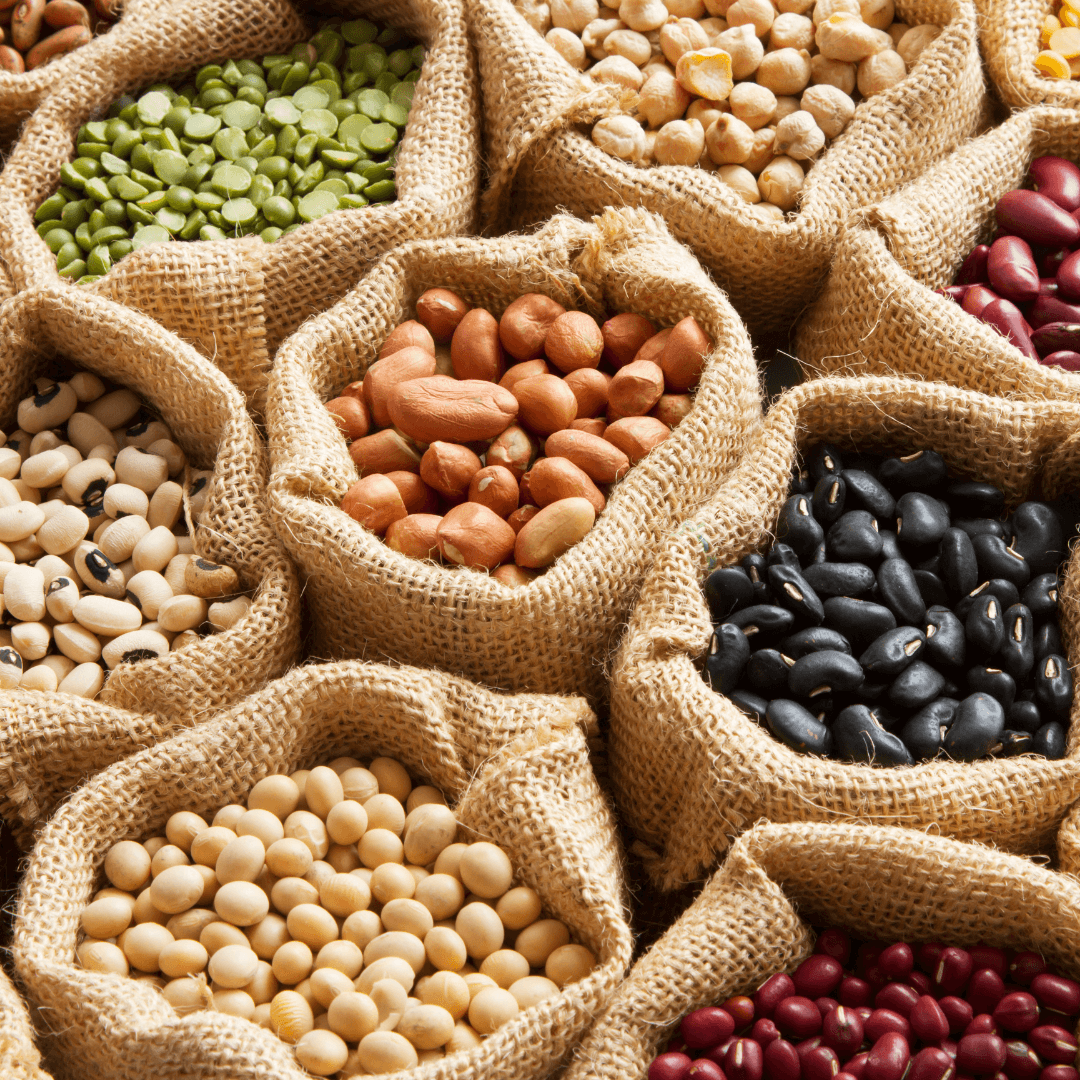
1. Legumes
Legumes, including beans, lentils, and chickpeas, are nutritional powerhouses, offering protein, fiber, vitamins, and minerals.
These versatile legumes can be incorporated into soups, stews, salads, and even plant-based burgers, providing a hearty dose of protein in every serving.
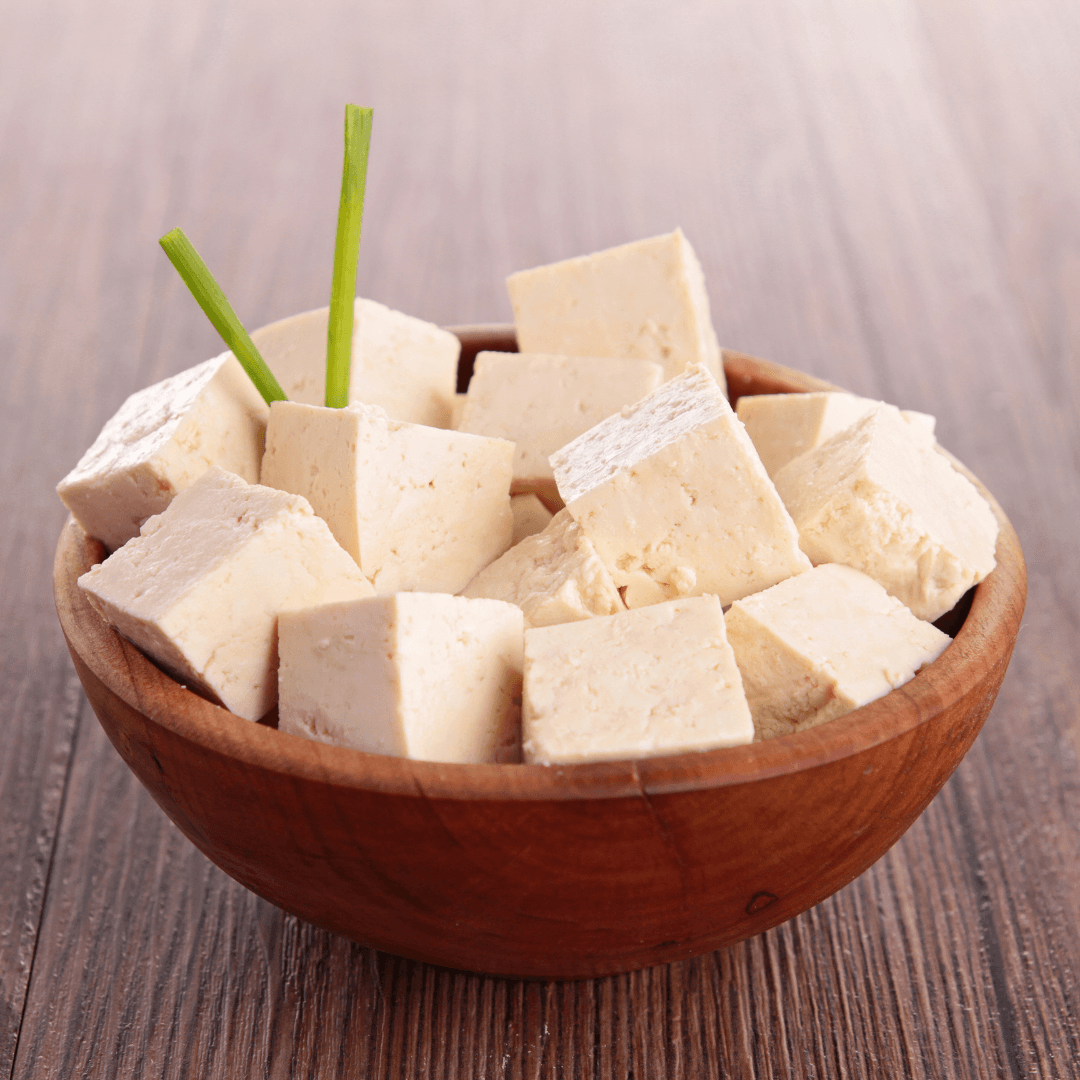
2. Tofu, Tempeh And Edamame
Tofu, tempeh, and edamame are common ingredients in vegetarian diets. Tofu from soybeans can be grilled, stir-fried, or blended into creamy dressings or smoothies.
Tempeh, a fermented soy product, boasts a nutty flavour and firm texture, making it an excellent choice for sandwiches and stir-fries.
Edamame, young soybeans, are a convenient snack or appetizer, offering a protein-rich and satisfying bite.
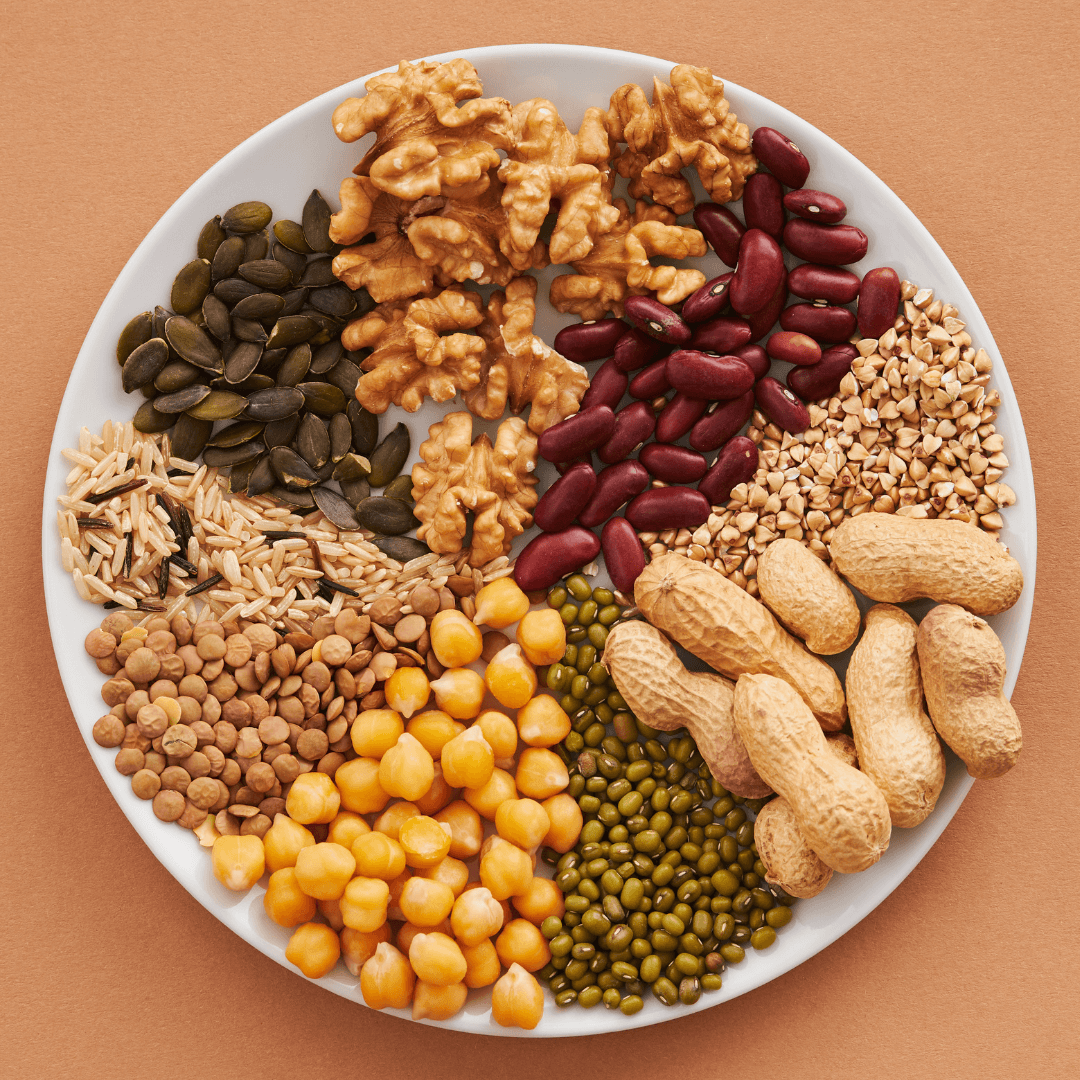
3. Nuts And Seeds
Protein, good fats, and other micronutrients are all found in nuts and seeds. To increase the protein level and add a delicious crunch, top oatmeal, yogurt, or salads with almonds, walnuts, chia seeds, or flaxseeds.
Nut butter, such as almond and peanut butter, is an excellent source of protein and good fats for spreading over whole-grain toast or adding to smoothies.
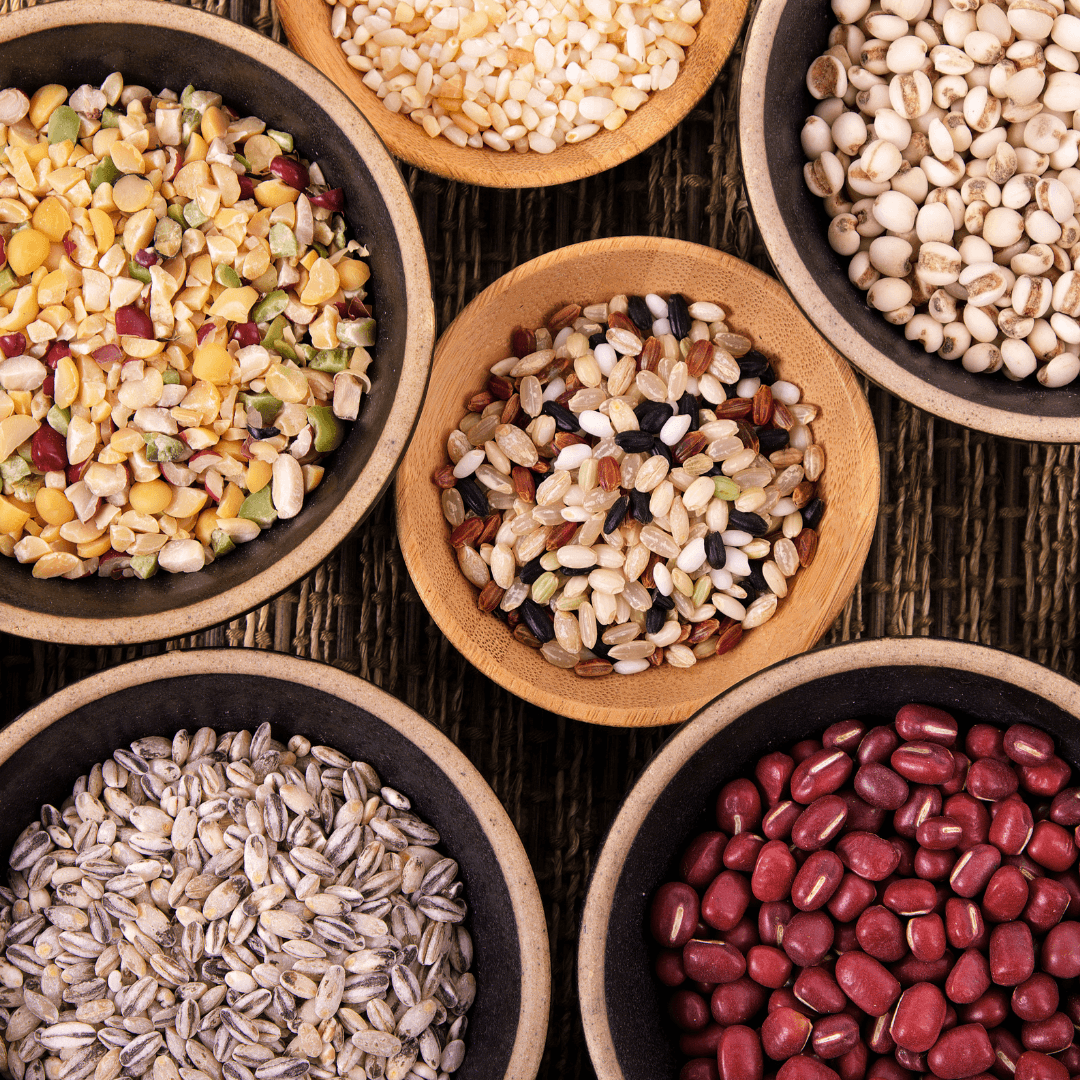
4. Whole Grains
Whole grains like quinoa, brown rice, and farro provide carbohydrates and protein, making them excellent choices for well-rounded meals.
Incorporating these grains into salads, bowls, and side dishes can contribute to a diverse protein intake while providing complex carbohydrates for sustained energy.
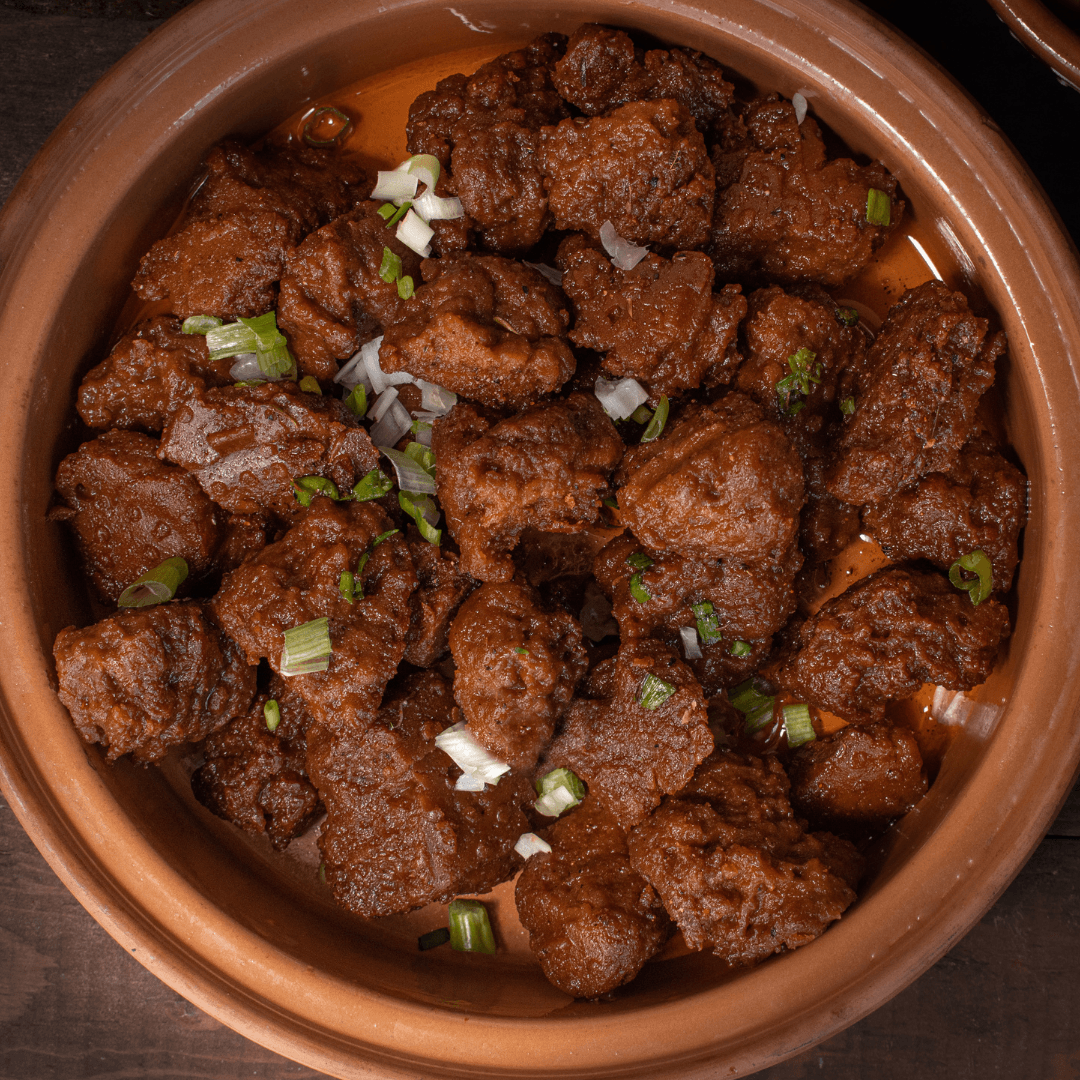
5. Seitan
Vegetarians and vegans like seitan, a high-protein meat replacement produced from wheat gluten.
With its chewy texture and ability to absorb flavours, seitan is often used in dishes that traditionally feature meat, such as stir-fries and sandwiches.
Including various plant-based protein sources in one's diet meets protein needs and ensures a spectrum of essential nutrients.
Combining different sources throughout the day can help vegetarians attain a balanced intake of amino acids, contributing to overall health and well-being.
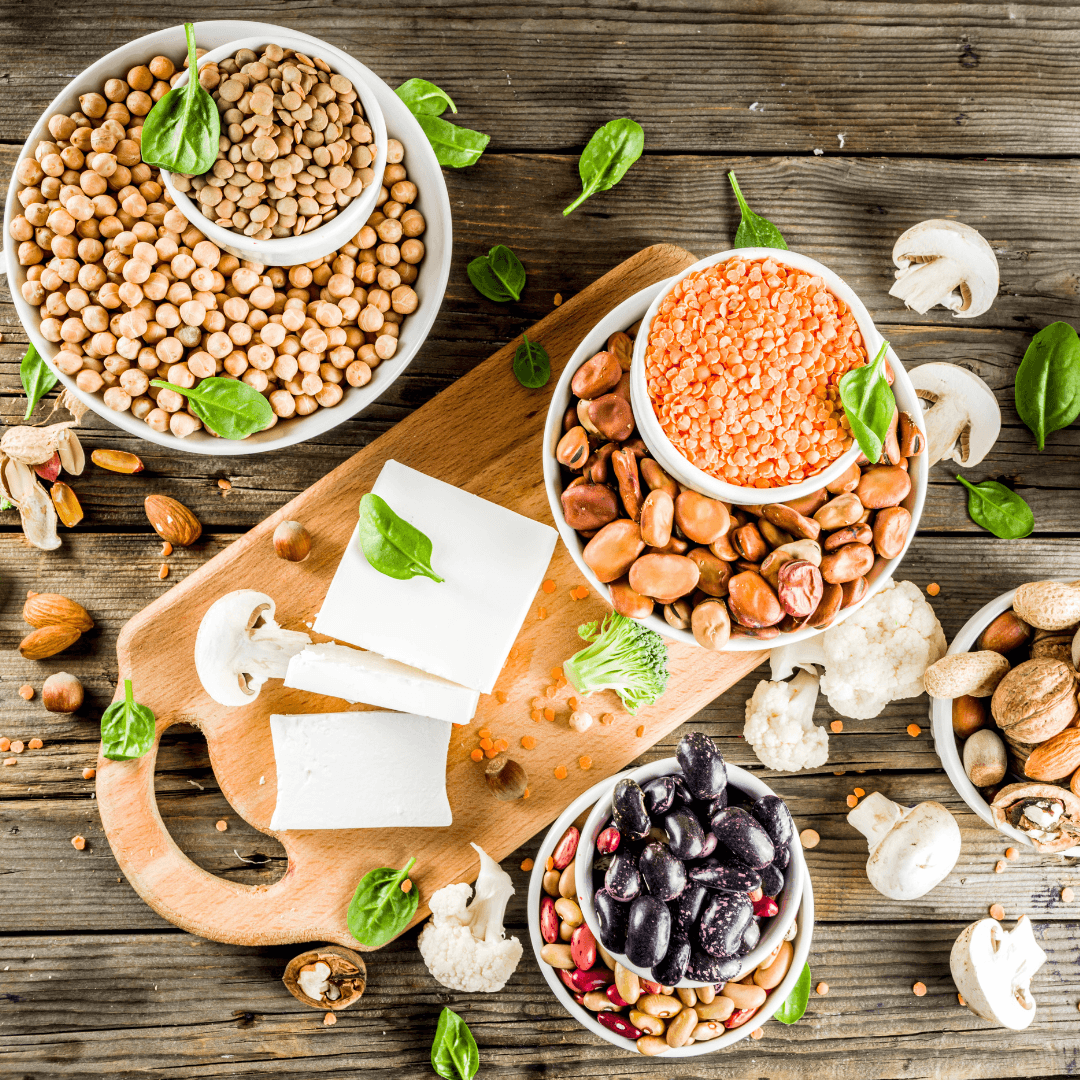
Protein Requirements And Daily Intake
To adjust consumption to individual needs, protein requirements calculations must take into account a variety of parameters.
Goals, activity level, age, and gender all matter a lot. Health experts advise consuming 0.8 grams of protein per kilogram of body weight for inactive persons as a general recommendation.
However, additional protein may be required to meet the greater demands of athletes, bodybuilders, and other physically active people.
Protein needs during intense exercise could reach 2.0 grams of protein per kilogram of body weight.
Men often require more because of their increased muscular mass, and gender can also impact requirements.
Ensuring adequate protein intake is essential for vegetarians, considering the absence of animal sources.
A balanced variety of plant-based protein sources is vital to cover amino acid needs comprehensively.
Whole grains, legumes, soy products, nuts, and seeds should be regularly included. Protein intake can be distributed across meals and snacks for optimal utilization.
Consulting with a registered dietitian or nutritionist is advised to determine precise protein requirements based on an individual's unique circumstances.
They can consider dietary habits, activity levels, and health goals to create a personalized protein intake recommendation, helping vegetarians achieve their nutritional targets while promoting overall health.
Sample Of Protein-Based Vegetarian Meal Plan
Here’s a sample of a protein-based vegetarian diet plan you can follow to kickstart your vegan diet journey:
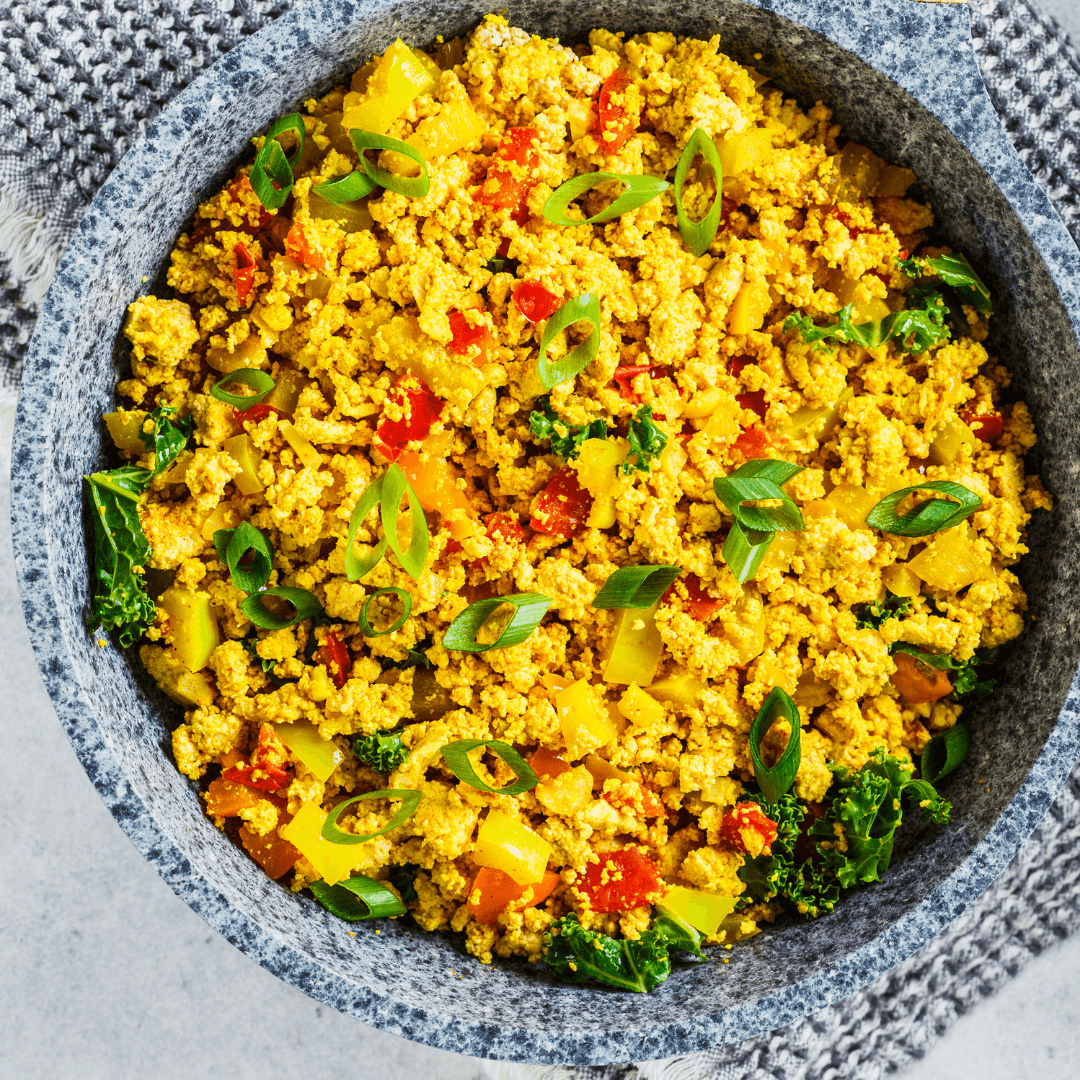
Breakfast
- Scrambled Tofu and Veggie Wrap: Start your day with a protein-packed scramble made from crumbled tofu, sautéed spinach, bell peppers, and onions. Wrap it in a whole wheat tortilla for a portable and filling breakfast. Serve with a side of mixed berries for added vitamins and antioxidants.
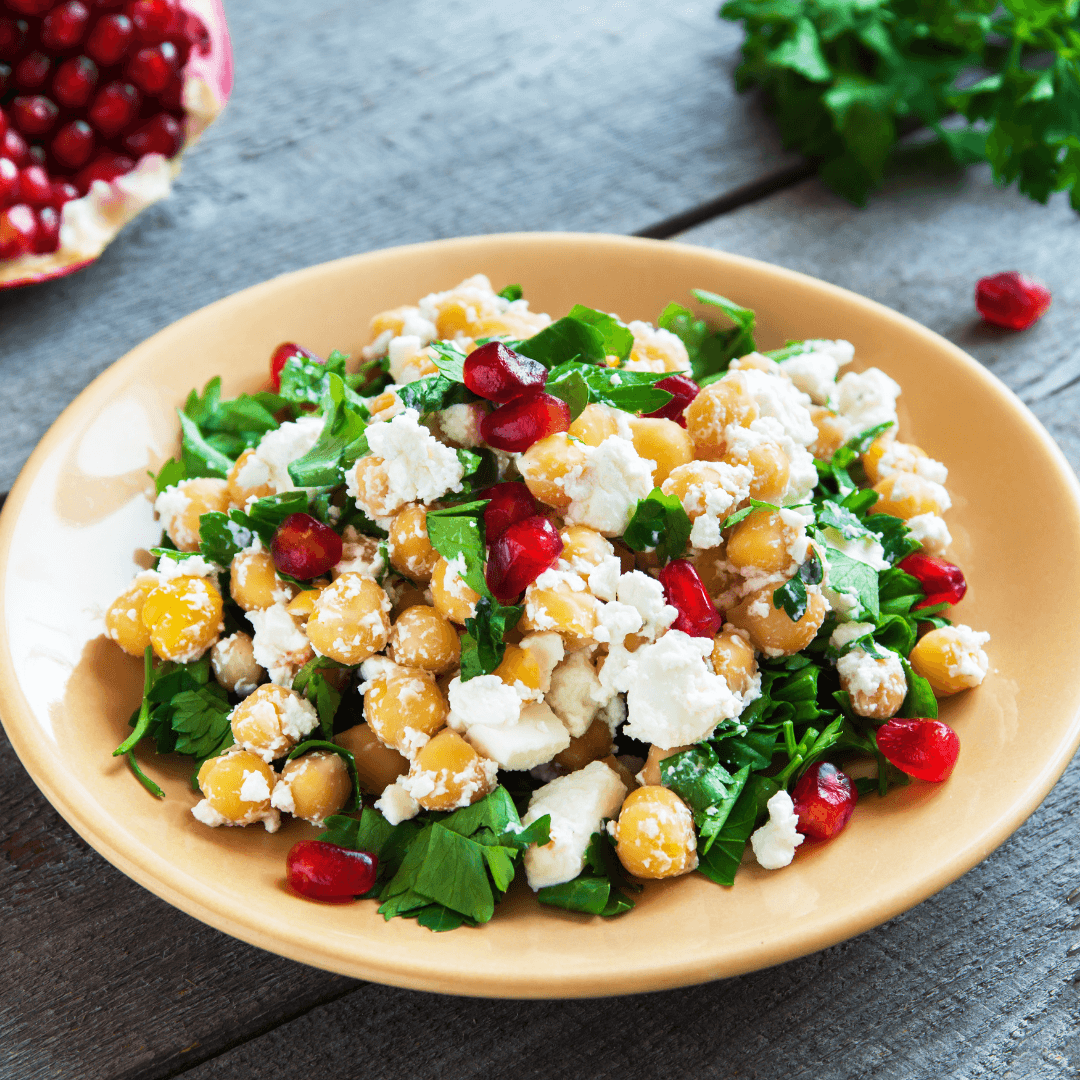
Lunch
- Chickpea and Quinoa Salad: Enjoy a hearty salad featuring cooked quinoa, a cup of chickpeas, chopped cucumbers, cherry tomatoes, red onion, and fresh parsley. Drizzle with lemon-tahini dressing for a flavorful kick. A handful of toasted almonds adds crunch and extra protein.
Snack
- Greek Yogurt Parfait: Satisfy your mid-afternoon hunger with a parfait made from plain Greek yogurt, layered with sliced bananas, a sprinkle of chia seeds, and a drizzle of honey. Greek yogurt provides a good dose of protein and probiotics.
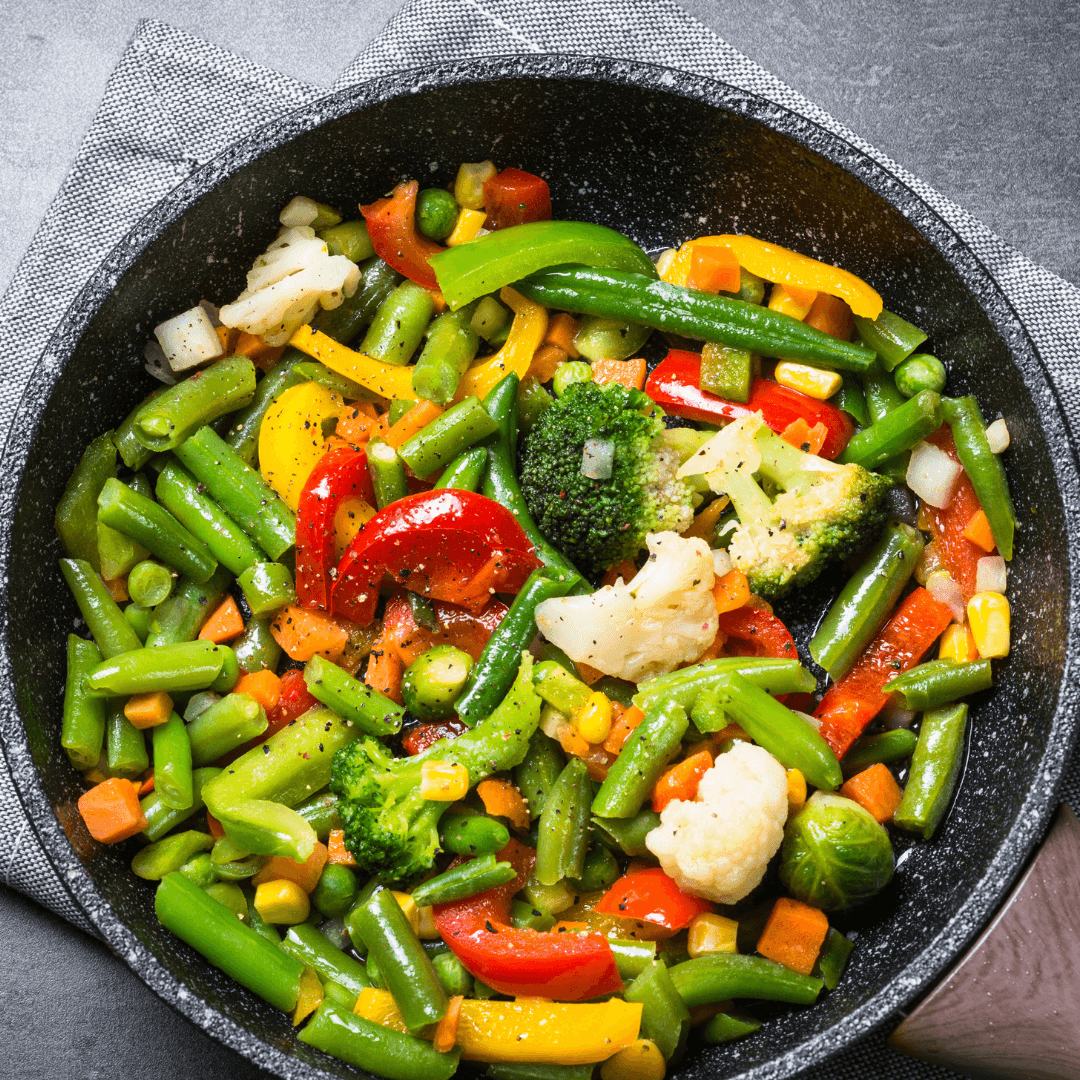
Dinner
- Lentil and Vegetable Stir-Fry: Prepare a vibrant stir-fry using cooked lentils, broccoli florets, bell peppers, snap peas, and carrots. Toss with a ginger-garlic soy sauce and serve over a bed of brown rice for complex carbohydrates. Top with sesame seeds for added crunch and protein.
Snack
- Nut Butter and Apple Slices: End your day with a simple and satisfying snack. Spread almond butter or peanut butter on apple slices to balance protein, healthy fats, and fiber.
This sample meal plan highlights a range of protein-rich vegetarian options throughout the day.
Each meal incorporates diverse plant-based protein sources, such as tofu, chickpeas, quinoa, lentils, Greek yogurt, and nuts.
Nutrient-dense fruits and vegetables, entire grains, and healthy fats supplement these protein sources.
Remember that portions can be adjusted based on individual caloric needs and activity levels.
Customizing this plan to suit your preferences and nutritional requirements will ensure a balanced and nourishing diet.
Athletes And Protein Needs
Meeting protein needs is essential for vegetarian athletes and active individuals to support performance, muscle repair, and recovery.
Since plant-based sources are the main protein options, strategically incorporating various protein-rich foods throughout the day is important.
Aim for around 1.2 to 2.0 grams of protein per kilogram of body weight, adjusting based on training intensity and goals.
Prioritize nutrient-dense options like legumes, soy products (tofu, tempeh), seitan, quinoa, and nuts.
Including a variety of protein sources ensures a diverse amino acid profile. To maximize protein synthesis, distribute protein intake evenly across meals and snacks.
Consider post-workout meals or shakes with protein-rich options like smoothies with plant-based protein powder and fruits.
Additionally, stay hydrated and consume adequate carbohydrates to fuel workouts and support recovery.
Monitoring iron, vitamin B12, and omega-3 levels is crucial for optimal performance. Consult a registered dietitian specializing in sports nutrition to develop a personalized meal plan that addresses your unique needs and helps you achieve peak performance on a vegetarian diet.
Meal Prep And Cooking Techniques
Efficient meal prep and versatile cooking techniques are essential for creating tasty and protein-rich plant-based meals.
When meal prepping, start by washing, chopping, and storing vegetables in airtight containers for quick use.
Prepare batches of cooked quinoa, brown rice, or lentils to serve as the base for different dishes throughout the week.
Marinate tofu, tempeh, or seitan ahead of time using flavorful marinades like soy sauce, garlic, and ginger.
When cooking, stir-frying is a great way to infuse plant-based proteins with vibrant flavours and textures.
Sauté onions, garlic, and your choice of veggies; add tofu or tempeh for a quick and nutritious stir-fry.
Utilize baking for hands-off preparation; roast chickpeas or a medley of vegetables for an effortless, protein-rich side.
Experiment with herbs, spices, and condiments like nutritional yeast, lemon juice, and balsamic vinegar to enhance the taste of your dishes.
Incorporating various cooking methods ensures a diverse array of flavours and keeps your protein sources exciting.
By dedicating some time to prep and using creative cooking techniques, you can effortlessly incorporate plant-based proteins into your meals while enjoying a range of mouthwatering flavours.

Supplementation
Supplements play a vital role in supporting optimal nutrition for individuals following a vegetarian diet, as certain nutrients are more challenging to obtain solely from plant-based sources.
Vitamin B12 is a key example. This necessary nutrient, predominantly in animal products, is important for creating DNA, red blood cells, and nerve tissue.
Vegetarians are likelier to experience a B12 deficit, especially those who eschew dairy and eggs.
Many take B12 supplements or consume B12-fortified foods like plant-based milk or cereals to address this.
Additionally, omega-3 fatty acids, particularly EPA and DHA, are often lacking in vegetarian diets.
While flaxseeds, chia seeds, and walnuts offer ALA (a precursor to EPA and DHA), converting ALA to these active forms is limited in the body.
Hence, omega-3 supplements derived from algae are recommended. Iron and zinc absorption from plant foods can be inhibited due to compounds like phytates, so monitoring these levels and considering supplements under the guidance of a healthcare professional is important.
A well-rounded multivitamin may also be beneficial to cover potential gaps in micronutrients.
However, it's important to emphasize that while supplements can support nutrient intake, a carefully planned and diverse vegetarian diet remains the foundation for meeting nutritional needs.
Consulting a registered dietitian or healthcare provider before starting any supplementation regimen is recommended to ensure individual requirements are met safely and effectively.
Common Misconceptions
Addressing common misconceptions surrounding protein intake and vegetarian diets is crucial for providing accurate information.
The belief that vegetarians struggle to meet their protein needs is a misconception. A well-planned vegetarian diet can easily provide sufficient protein through various plant-based sources.
Another myth is that all plant proteins must be combined in a single meal to form “complete” proteins.
In reality, our bodies are efficient at storing amino acids, so as long as a variety of protein sources are consumed throughout the day, the body can build and repair tissues effectively.
Concerns about protein quality can also arise, with the misconception that animal proteins are superior. However, plant proteins can be high quality when diverse sources are included.
Similarly, vegetarian diets are sometimes wrongly believed to lack essential nutrients like iron, calcium, and omega-3 fatty acids.
With proper planning and the inclusion of fortified foods or supplements when necessary, these nutrient needs can be met effectively.
Finally, assuming that all vegetarian diets are inherently healthy is a misconception. A diet devoid of animal products doesn't automatically guarantee health.
Processed and unhealthy vegetarian foods can still be part of the diet, so focusing on whole, nutrient-dense foods is key.
Debunking these misconceptions helps promote a better understanding of vegetarian diets, their nutritional adequacy, and the importance of thoughtful planning to ensure balanced and healthy eating.
Transitioning To A Protein-Based Vegetarian Diet
Transitioning to a protein-rich vegetarian diet can be rewarding with careful planning and gradual changes.
Start by familiarizing yourself with plant-based protein sources like legumes (beans, lentils, chickpeas), soy products (tofu, tempeh, edamame), nuts, seeds, and whole grains.
Gradually incorporate these foods into your meals, replacing animal proteins one at a time. Try new cooking techniques and recipes to keep your meals tasty and entertaining. To ensure you're getting a balance of important nutrients, put diversity first.
Educate yourself about the nutritional requirements of a vegetarian diet, including potential nutrient gaps that may arise, such as vitamin B12, iron, and omega-3 fatty acids.
Consider consulting a registered dietitian to create a personalized meal plan that aligns with your dietary preferences and health goals.
Focus on building meals around whole foods, including plenty of vegetables, fruits, whole grains, and healthy fats.
Be patient with yourself during the transition, as dietary changes take time to become habits. With thoughtful planning, a protein-rich vegetarian diet can provide all the nutrients your body needs while supporting your health and ethical values.
Consulting A Nutrition Professional
Consulting a registered dietitian or nutritionist is crucial when adopting a protein-based vegetarian diet or making significant dietary changes.
These professionals possess expertise in crafting personalized meal plans that align with your needs, health goals, and preferences.
They can assess your current nutritional status, recommend appropriate protein intake, and guide you in selecting a balanced array of plant-based protein sources.
By considering factors like age, gender, activity level, and any potential nutrient deficiencies, a registered dietitian can help prevent health imbalances and optimize your dietary choices.
Moreover, they can offer insights into meal planning, supplementation, and managing any potential challenges that may arise during the transition to a vegetarian lifestyle.
With their guidance, you can confidently embark on your journey towards a protein-rich vegetarian diet that supports your well-being and meets all your nutritional requirements.
Conclusion
In the tapestry of dietary choices, the protein-based vegetarian diet is a harmonious blend of health, ethics, and sustainability.
As we traverse its vibrant landscape, we discover a symphony of protein sources spanning legumes with their earthy richness to soy products that promise culinary exploration.
Nuts and seeds add a satisfying crunch, while whole grains like quinoa offer their delicate embrace. Yet, misconceptions may linger like shadows amidst this chorus of flavours and nutrients.
We dispel the myths of inadequate protein and incomplete amino acids, revealing the artistry of our body's ability to weave together nourishment from a tapestry of plant-based delights.
The diligent inclusion of vitamin B12, a nutrient vital for vitality, is a brushstroke of wisdom on this canvas.
As we embark on this gastronomic journey, let us heed the guidance of experts – registered dietitians and nutritionists who serve as our compass, ensuring our unique nutritional needs find their map.
In the finale, our protein-based vegetarian diet plan becomes not just sustenance but a masterpiece of health, flavour, and harmony with the world around us.
I trust you enjoyed this article about the Best Protein-Based Vegetarian Diet Plan. Please stay tuned for more blog posts to come shortly. Take care!
JeannetteZ
>>>Please click here to read my Vegan Travel Guides To World Destinations<<<
>>>Want To Learn How To Create Delicious, Cruelty-Free, Healthy AND 100% Vegan Meals? Try These Awesome Vegan Cooking Courses With A Free 7-DAY MEMBERSHIP<<<
Your Opinion Is Important To Me
Ideas? Thoughts? Questions? I would love to hear from you. Please leave me your questions, experience, and remarks about the Best Protein-Based Vegetarian Diet Plan article in the comments section below. You can also reach me by email at Jeannette@LivingTheVeganLifestyle.org.
Disclosure
This post may contain affiliate links. I earn from qualifying purchases as an Amazon Associate and other affiliate programs. Please read my full disclosure.
You might also enjoy these blog posts:
Best Vegan Beauty & Personal Care Products

